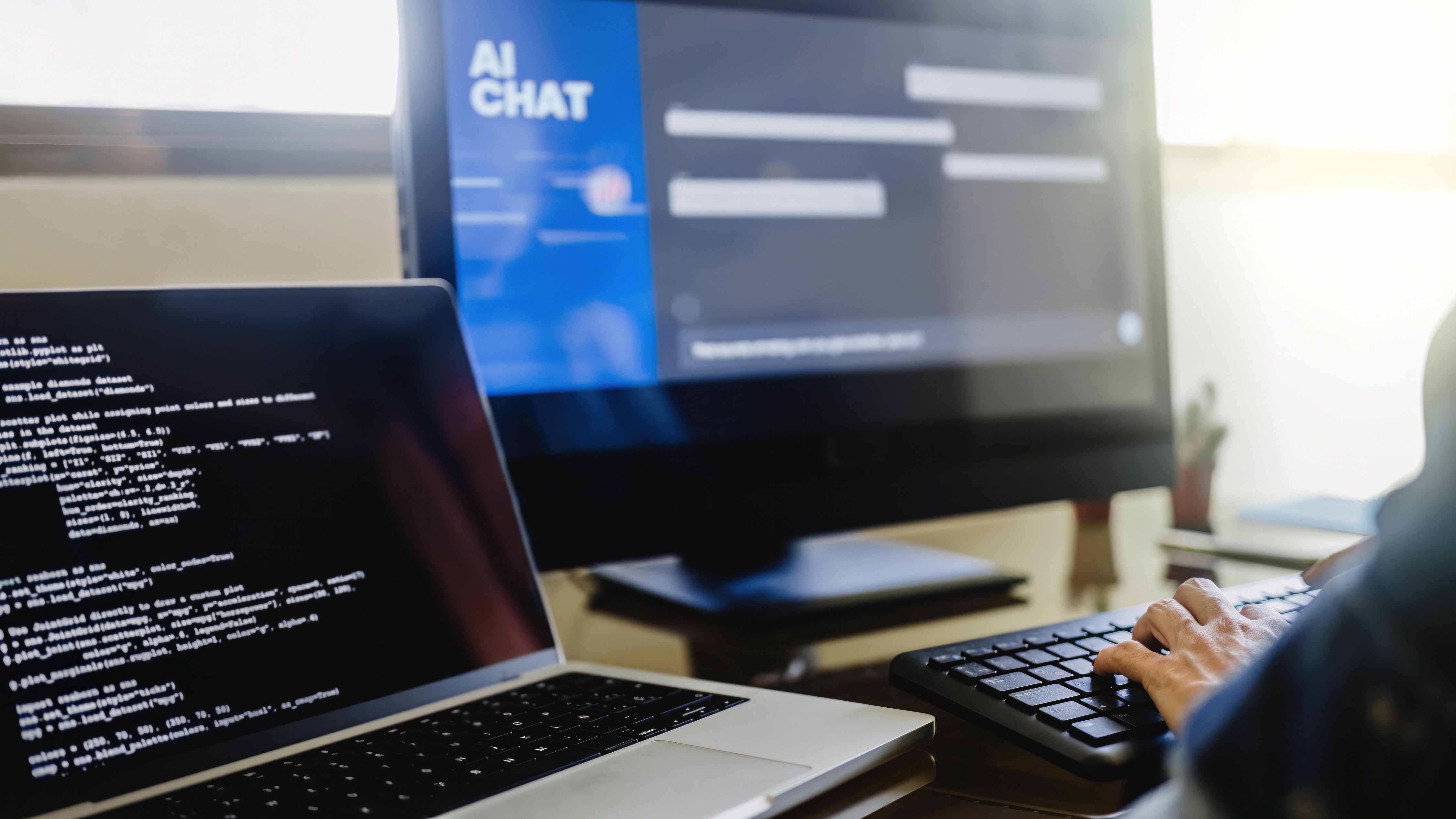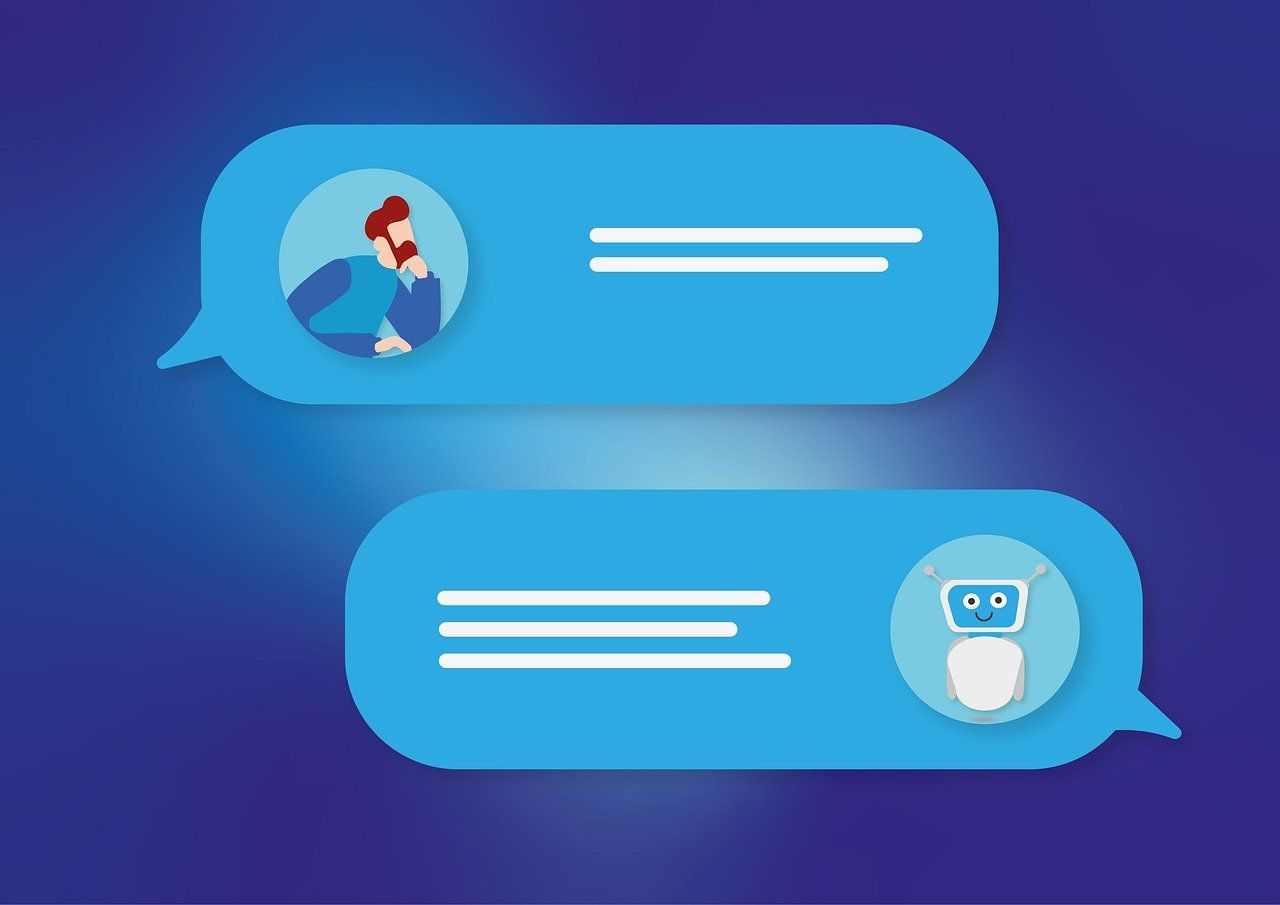
Predictions for the Next AI Revolution in the Coming Five Years
 Picture this: It's 2030, and you're reminiscing about the "good old days" of 2025. You chuckle as you recall fumbling with your smartphone to check the weather, manually adjusting your thermostat, or – gasp – driving your own car. It seems almost primitive now, doesn't it? In the next five years, we're about to witness a seismic shift in how AI influences and enhances our world. From the way we manage our health to how we learn, work, and even create art, AI is set to redefine the boundaries of what's possible.
Picture this: It's 2030, and you're reminiscing about the "good old days" of 2025. You chuckle as you recall fumbling with your smartphone to check the weather, manually adjusting your thermostat, or – gasp – driving your own car. It seems almost primitive now, doesn't it? In the next five years, we're about to witness a seismic shift in how AI influences and enhances our world. From the way we manage our health to how we learn, work, and even create art, AI is set to redefine the boundaries of what's possible.
AI-Powered Personalized Healthcare
The healthcare industry is on the brink of a major transformation, thanks to AI. By 2025, we can expect to see:
AI-driven diagnostics and treatment plans
Advanced machine learning algorithms will analyze vast amounts of medical data to provide more accurate diagnoses and personalized treatment plans. This will lead to better patient outcomes and more efficient healthcare delivery.
Wearable AI health monitors
Smart devices will become more sophisticated, continuously monitoring our health and alerting us to potential issues before they become serious. These devices will work in tandem with AI systems to provide real-time health insights and recommendations.
Personalized medicine and drug development
AI will accelerate drug discovery and development processes, leading to more targeted and effective treatments. Genetic data analysis will enable truly personalized medicine, tailoring treatments to individual patients' unique genetic makeup.
The Rise of Autonomous Vehicles and Smart Cities
The way we move and live in urban environments is set to change dramatically:
- Self-driving cars becoming mainstream: By 2025, we'll see a significant increase in autonomous vehicles on our roads. These cars will not only improve safety but also transform the concept of personal transportation.
- AI traffic management systems: Smart cities will use AI to optimize traffic flow, reduce congestion, and improve air quality. These systems will communicate with autonomous vehicles to create a seamless transportation network.
- Smart energy grids and waste management: AI will play a crucial role in making our cities more sustainable. From optimizing energy consumption to improving waste management, AI will help create more efficient and environmentally friendly urban spaces.
AI in Education: Personalized Learning Revolution
Education is another sector that will see significant transformation:
- AI tutors and adaptive learning platforms: Personalized learning experiences will become the norm, with AI-powered systems adapting to each student's learning style, pace, and preferences.
- Virtual and augmented reality in education: Immersive learning experiences will make complex concepts easier to understand and retain. Students will be able to explore historical events, scientific phenomena, and artistic creations in ways never before possible.
- Real-time language translation in classrooms: AI-powered translation tools will break down language barriers, allowing for truly global classrooms and collaboration.
AI-Enhanced Creativity and Entertainment
Contrary to fears that AI might stifle human creativity, it's set to enhance and amplify our creative capabilities:
- AI-generated art, music, and literature: We'll see an explosion of AI-assisted creative works, with AI acting as a collaborator rather than a replacement for human artists.
- Personalized entertainment recommendations: Streaming services will become even better at predicting what content you'll enjoy, leading to more satisfying entertainment experiences.
- Interactive AI-powered gaming experiences: Games will adapt in real-time to player behavior, creating unique and engaging experiences for each individual.
Conclusion
The AI revolution of the next five years promises to be both exciting and transformative. From personalized healthcare to smart cities, from adaptive education to AI-enhanced creativity, the possibilities are endless. As we embrace these changes, it's crucial to stay informed, adaptable, and engaged in discussions about the ethical implications of AI.
Now, it's your turn to take action. Start exploring AI tools in your field today to prepare for the exciting future ahead. What small step can you take this week to embrace the AI revolution? Whether it's trying out a new AI-powered app, learning about machine learning basics, or discussing AI ethics with your colleagues, every step forward counts in this rapidly evolving landscape.
Related Articles


